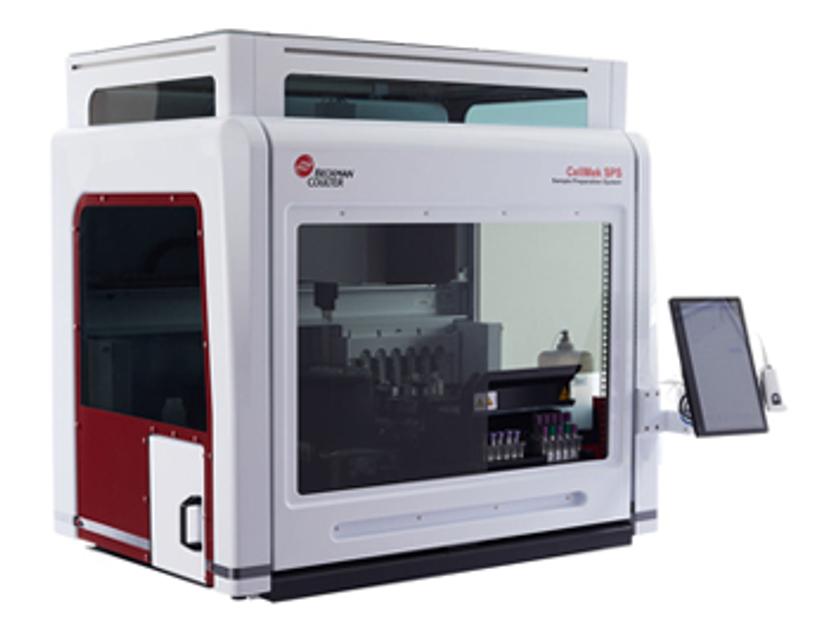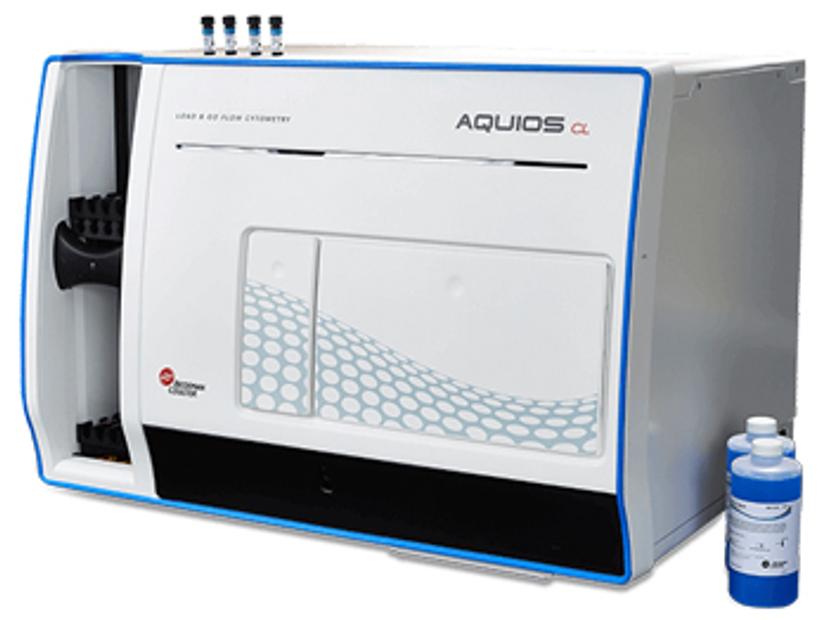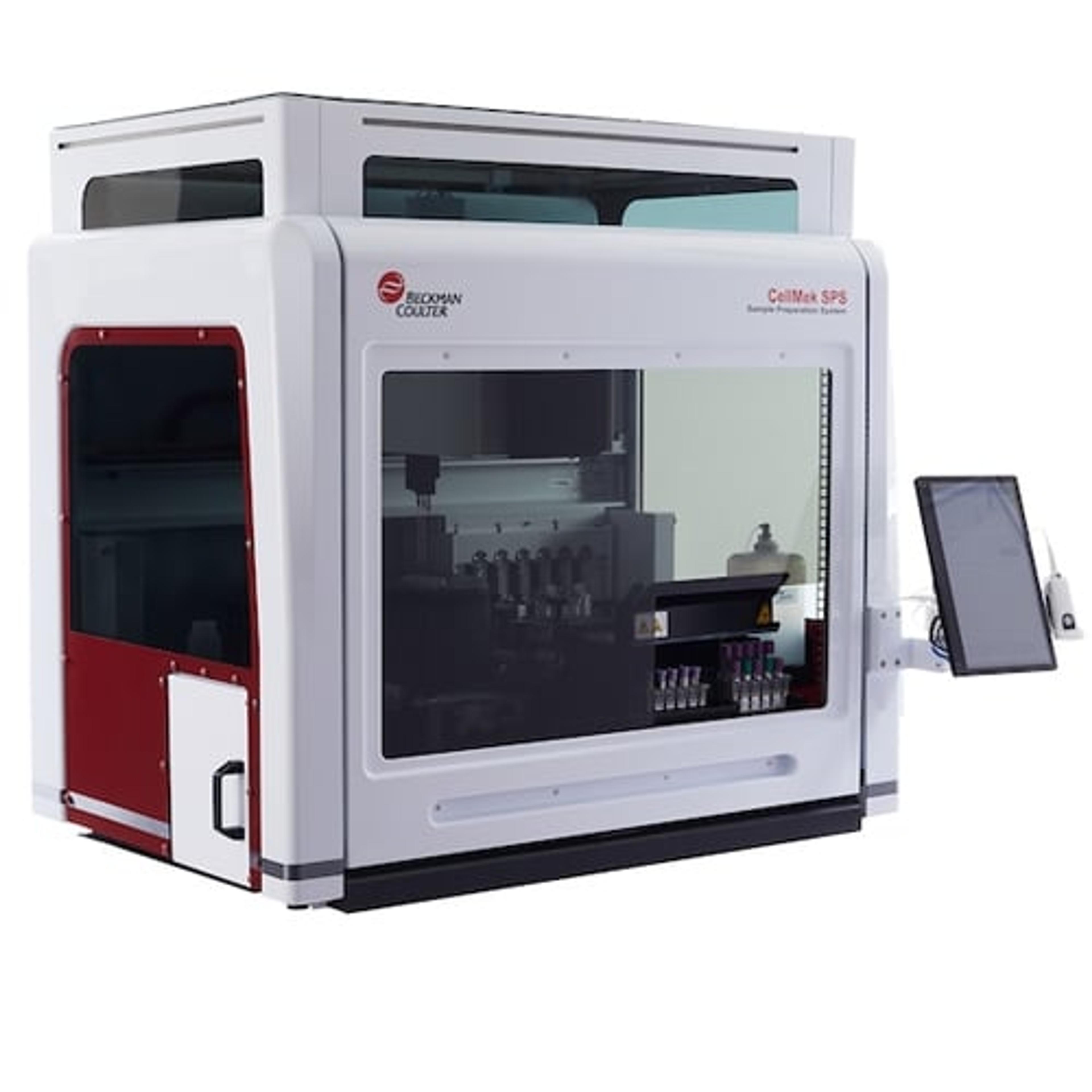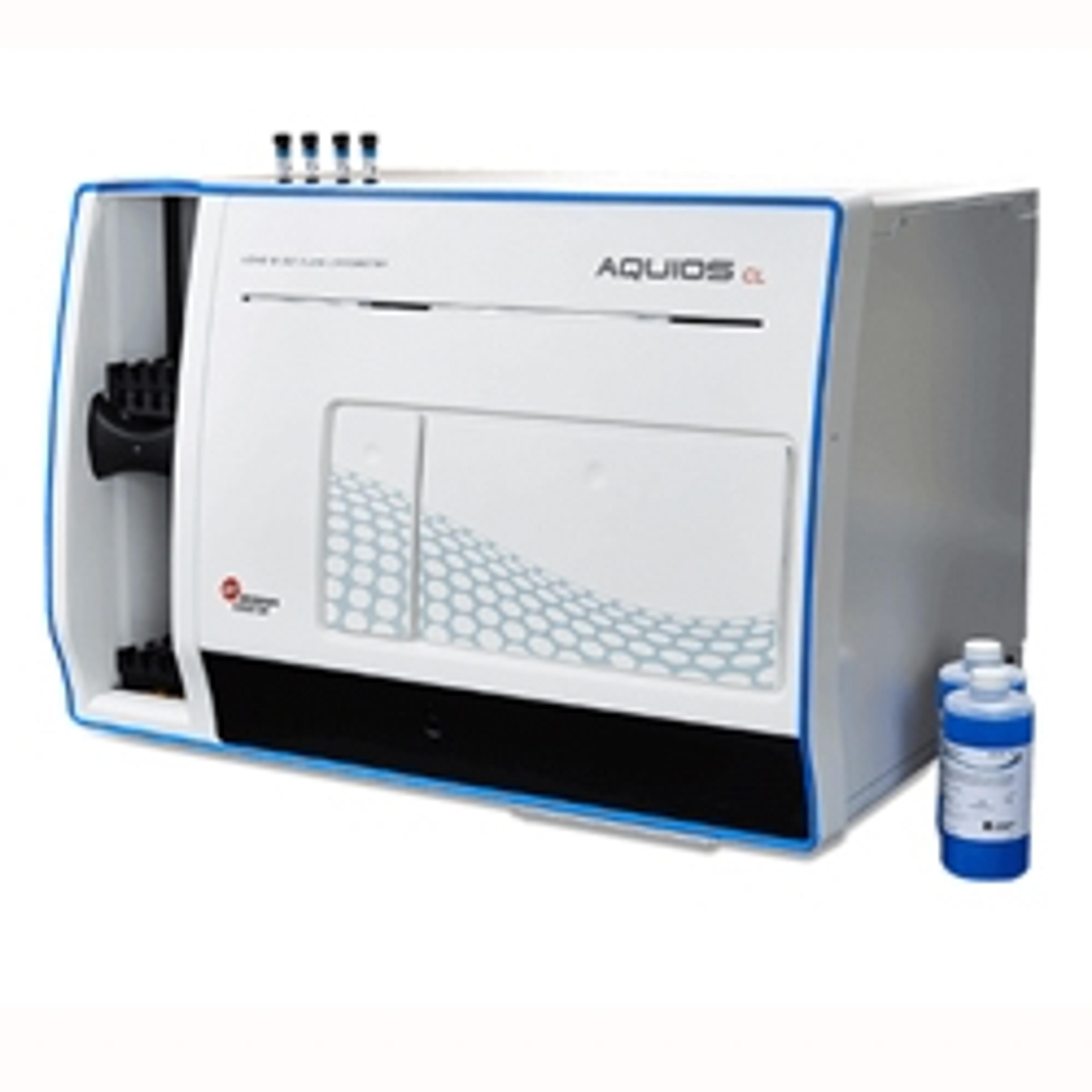How to optimize your clinical flow cytometry with innovative lab automation solutions
Discover the key benefits of automation for streamlining clinical flow cytometry and explore the positive impact this can have on patient care
12 Jun 2022

Automation is becoming increasingly important for laboratories looking to deliver high-quality results more efficiently and cost-effectively. For clinical laboratories, automated flow cytometry solutions can lead to faster, more accurate results and this has the potential to have a huge impact on patient care.
In this SelectScience® article, we speak with Sandra Hernandez, Senior Product Manager, Clinical Flow Cytometry, at Beckman Coulter Life Sciences, on how labs can overcome some of the challenges encountered when implementing new automation platforms. Hernandez also discusses some of the technology advancing clinical flow cytometry and the benefits these automation platforms can have in delivering accurate results to clinicians faster.
Why is automation becoming increasingly important for labs?
SH: Automation is one of the best ways to help improve the efficiency of a lab while retaining high-quality results. This is important because labs are being asked to do more with less budget, personnel, and resources. In labs that are facing serious staff shortages, automation really can help bridge that gap. Ultimately, what automation can help labs do is work smarter, not harder.
What key challenges are labs facing when they're trying to optimize their workflows and implement new automation platforms?
SH: One of the key challenges when trying to optimize workflows, especially in flow cytometry, is the lack of standardization. A lot of these workflows are manual, and these manual processes are time-consuming and error-prone. The goal of optimizing and automating these workflows is to minimize those error-prone process steps, which can help yield more consistently accurate results.
High-throughput and straightforward workflows that are low complexity tend to be a lot easier to fully automate because you're talking about one sample type. For low-throughput and more complex workflows, these are usually more manual with a high labor expenditure and a greater risk of error. These workflows also tend to be a lot harder to automate due to the variety of samples that are being tested.
How can technology from Beckman Coulter Life Sciences help labs with their workflows?

SH: Our portfolio is designed to help optimize workflows, and we have a solution for virtually all lab needs.
For low-complexity flow cytometry assays, we have the AQUIOS CL Flow Cytometry System. This system is fully automated; we call it our ‘Load & Go’ instrument because you put in your sample, and the instrument does the rest. The system helps you track the reagents that you use, it does all the sample preparation, and it even automates the acquisition and analysis of the data.
Just recently, Beckman Coulter Life Sciences launched its CellMek SPS Sample Preparation System. This instrument is going to help labs that have lower throughput, but complex assays. This is truly a walk-away system in the sense that you load your specimens in, and everything is performed by the system. The CellMek SPS Sample Preparation System is slightly different from the low-complexity Load & Go instrument in that, once the sample is processed, it is then taken to a flow cytometer for analysis. In contrast to the Load & Go instrument, the CellMek SPS Sample Preparation System is equipped to handle different specimen types and is fully programmable. With this higher complexity instrument, you're able to program different specimen types and different assays. The system takes away all the manual hands-on time that you would typically need when you're processing complex assays in the flow cytometry laboratory.
Overall, Beckman Coulter’s automation solutions help improve standardization, eliminate waste, and minimize error-prone manual tasks, thereby ensuring more consistently accurate and reproducible results.
What impact can automated clinical flow cytometry have?
SH: The main impact for the patient is that we're able to provide standardized and more accurate and reliable results, which leads to better quality patient care. Because you have an automated system and you're able to produce results in a timely fashion, the clinician and the pathologist have the results available sooner and so can action patient care based on these results much faster.
What are your hopes for the future of lab automation?
SH: My hope for lab automation is that we get to a point where entire workflows will be automated -- from when the sample is received to when data is generated, to these results then being sent to clinicians.
For flow cytometry, the CellMek SPS sample preparation system is going to help with manual processes and the high complexity of clinical flow cytometry. I think the ideal would be to fully automate the system so that it's completely seamless, with complete automation of the data analysis. Our goal is to provide a fully automated workflow for flow cytometry, which traditionally has been a very hands-on and manual process.


